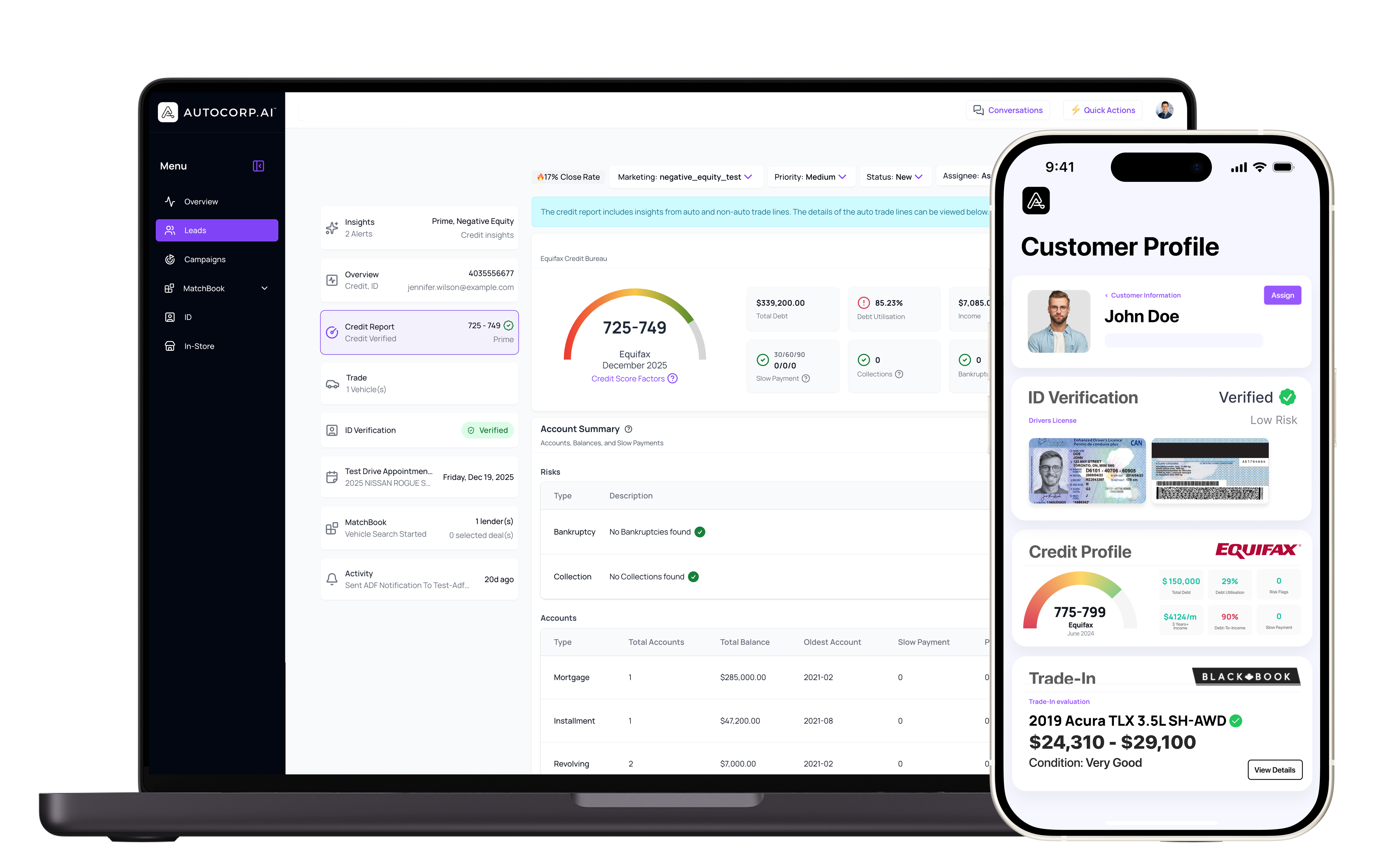
Ford has recently patented a technology that allows its vehicles to detect and report speeding violations, potentially revolutionizing police surveillance. This system uses onboard sensors and cameras to capture images and GPS data of speeding cars, transmitting this information directly to law enforcement.
While this technology could improve road safety by identifying reckless drivers, it has raised significant privacy concerns. Critics argue that it could lead to excessive surveillance and data collection, far beyond the existing use of speed and red-light cameras.
The concern extends to data privacy in general, with reports suggesting that automakers, including Ford, have sold driving habit data to third-party companies. This practice has been linked to increased insurance rates for some drivers, highlighting the potential consequences of widespread data collection.
In response to these concerns, lawmakers like Senator Edward J. Markey have urged automakers to adopt stronger privacy protections. Ford maintains that it allows customers to opt out of data sharing and disable vehicle connectivity, but this could limit access to certain services.
As Ford's technology is still in the patent stage, the debate over its implementation and ethical implications continues. The challenge lies in finding a balance between improving road safety and safeguarding individual privacy in the age of connected vehicles.
